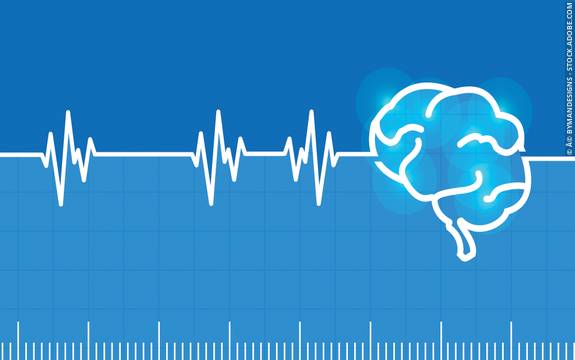
So I hope this answers your question, Peanut-B. And like I said, I myself, can kind of do those things with some regularity. It’s what we do all the time in our clinic in working with our patients. I can’t necessarily say that we’ve located a gene, or something like that, that says that that person will have a photographic memory over someone else, but you can enhance it. So there’s a lot of factors that go into this. Some people will compensate by having better visual recall because they can’t remember things auditorily. So if someone is born with great binocular skills, they may have a little bit of a better ability to remember by visual recall versus someone who isn’t having binocular vision skills so great, they may struggle a little bit more. It actually has more to do with binocular skills. I don’t think that someone’s born with the ability to have a great visual recall over someone else. Are people born with it? No, not necessarily. Yes, a lot of people have the ability to look at something and say, “I can remember that from looking at it one time and remember it, just like I could almost see it like a snapshot in my mind.” Absolutely.

So if someone comes in and they have binocular vision or two-eyed vision skill problems, then they may not have the most robust visual memory and visual recall, but that’s something that we work on to get that to be better and better. Of course, that’s what we work on in our clinic. There are certain skills that you can do in order to try and enhance your visual memory. A lot of people have the ability to grow that, build it or rewire it better, and actually enhance that over time. Mine probably came from me looking at it 10 times, but it still meant that I had good visual recall for what I was seeing. So yes, some people do have kind of that type of photographic memory. So I would get a visual of the page and I would zoom in on it. Wait a minute, let me close my eyes and zoom in on the page.” I can remember myself, in college, I would be studying for a test and on the test, I would sit there and I’d think, “Oh, that answer was on page 423. If you have a great visual recall, memory recall, you might be able to look at something and remember a lot of details from it or all of it, or even hone in on a complete page of information. Well, at the end of the day, the thing that we’re really wanting to know is “can people look at something and remember it really easily?” Yes. So there’s maybe some controversy on this topic and people question whether or not a photographic memory is really real. Great name! So Peanut asks whether or not eidetic memory is this the same thing as photographic memory if it’s real and whether or it’s something that can be developed, and are people born with it? Julie, we have a great question that comes in from one of our YouTube followers, Peanut-B.


For example, they are more likely to try to remember the numbers ‘2’, ‘3’, and ‘1’ separately, whereas a high scorer is more likely to group these together and remember ‘231’.In this segment of Ask Dr. They are also less likely to use techniques to help remember things.

For example, they may need to write down phone numbers or shopping list items, because they may not remember all of it. People with low scores for Memory find it more difficult to remember and hold new information ‘online’ and then repeat it back correctly. remembering ’23’ instead of ‘2’ and ‘3’ separately). They may also use techniques so that they need to remember less items, such as ‘chunking’ information together (e.g. For example, they are good at remembering phone numbers and dialing without needing to write it down. People with high scores for Memory are good at holding information ‘online’, and then repeating it back. Total Brain, a SonderMind company, offers clinically-validated, mental health assessments like this so you can stay on top of your mental well-being What does a high score mean?


 0 kommentar(er)
0 kommentar(er)
